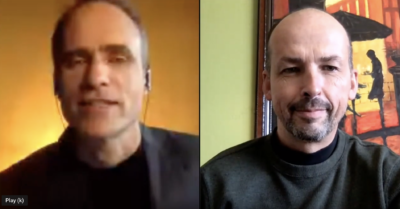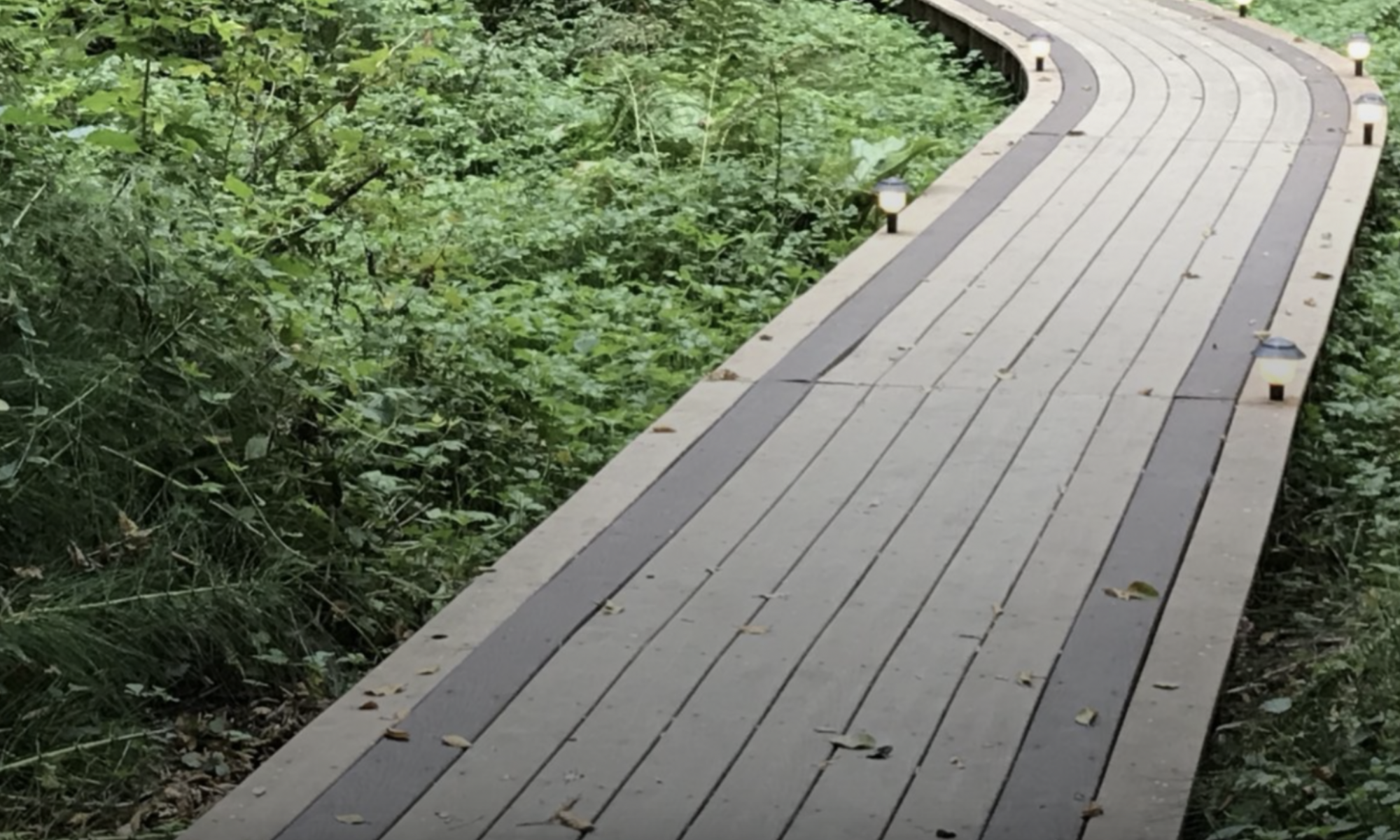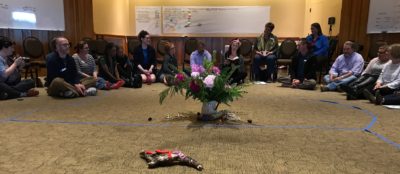
Last week I got quite a gift. My friend and colleague Eric Bowers, shown above left on the zoom screen, invited me to an interview for his podcast on The Golden Repair.
Eric is an interesting guy. He’s an artist. A musician. A farmer. A group leader. An author. He plays a mean didgeridoo and guitar. I know Eric primarily through our connection at Soultime, a regular gathering for men’s work and men in community.
Eric recorded the program. The video is a bit wifi-challenged, but is here. If you prefer the audio only, you can download it here.
It’s a gift to be invited to reflect, which is what Eric did with me. I didn’t know the questions in advance, which is really how I prefer it. He surprised me with a few. It’s exciting to me to feel the improv-ness, the in-the-moment-ness of the encounter, the unscriptedness.
This is a long one (54 minutes). With slow-speaking. It covers a lot of territory, including some threads from my growing up years in Edmonton as a sports kid, my years in faith community when I was practicing Mormon. It carries forward to the work I do with groups and some of what I would call the fundamental issues of our times — being better humans, reclaiming an ability to live in the tensions, dislocating certainties, acknowledging the fears of our times, becoming adaptive, recognizing the medicine that men need from men, and sense-making that only comes with community.
It was fun to do, to reflect on these threads of life and work over the years. It’s some of my story, listened out of me in the moment, thanks to Eric.
I hope it might open some of your own reflecting.




